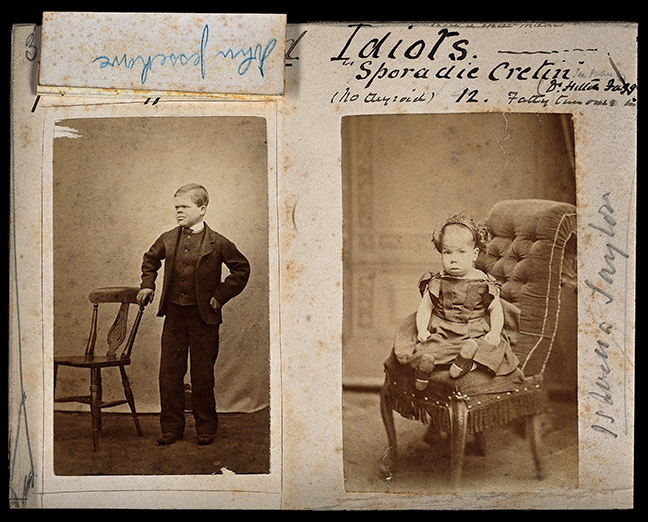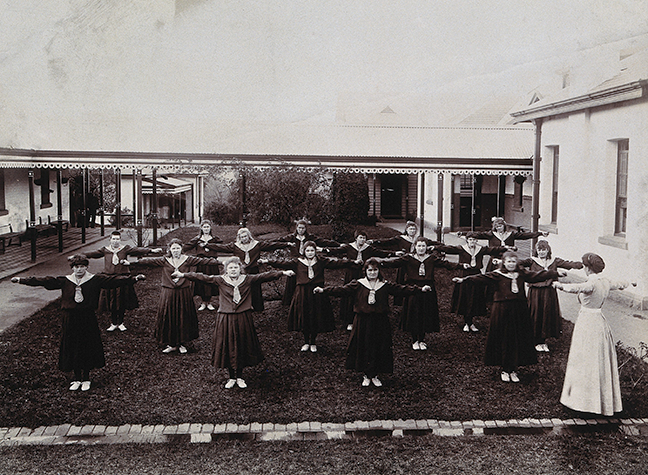Home / Healthcare & Medicine / Nursing / Improving Health Assessments for People with an Intellectual Disability / Historical perspectives of intellectual disabilities
This article is from the free online
Improving Health Assessments for People with an Intellectual Disability


Reach your personal and professional goals
Unlock access to hundreds of expert online courses and degrees from top universities and educators to gain accredited qualifications and professional CV-building certificates.
Join over 18 million learners to launch, switch or build upon your career, all at your own pace, across a wide range of topic areas.


 Victor, The Wild Boy of Aveyron © Creative Commons
Victor, The Wild Boy of Aveyron © Creative Commons George Edward Shuttleworth collection © Wellcome Library, London
George Edward Shuttleworth collection © Wellcome Library, London  Metropolitan Lunatic Asylum, Kew: female patients exercising. © Wellcome Library, London
Metropolitan Lunatic Asylum, Kew: female patients exercising. © Wellcome Library, London Daughters of Charity Disability Support Services © IDS TILDA
Daughters of Charity Disability Support Services © IDS TILDA





